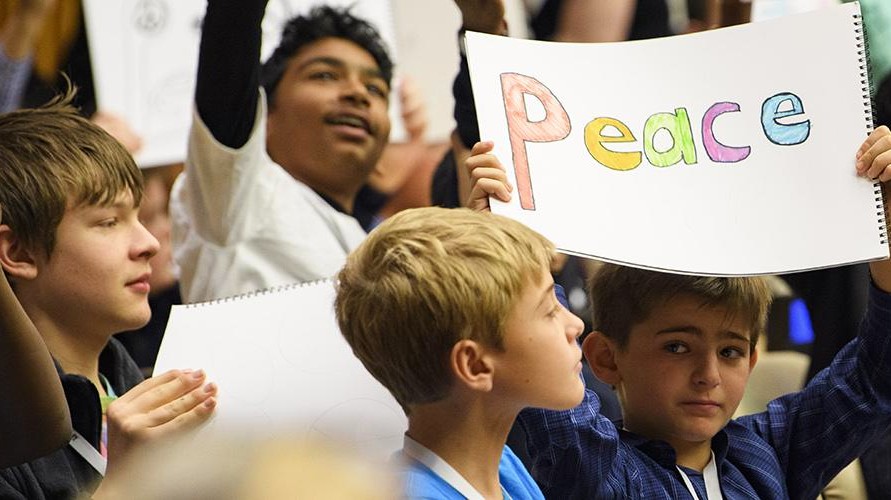Tolerance is respect, acceptance and appreciation of the rich diversity of our world’s cultures, our forms of expression and ways of being human.” Declaration of Principles on Tolerance
Fostering mutual understanding among cultures and peoples
Education for tolerance should aim at countering influences that lead to fear and exclusion of others and should help young people develop capacities for independent judgement, critical thinking and ethical reasoning. The diversity of our world’s many religions, languages, cultures and ethnicities is not a pretext for conflict, but is a treasure that enriches us all.
How Can Intolerance Be Countered?
- Laws: Governments are responsible for enforcing human rights laws, for banning and punishing hate crimes and discrimination and for ensuring equal access to dispute settlement.
- Education: Laws are necessary but not sufficient for countering intolerance, greater emphasis needs to be placed on educating more and better.
- Access to information: The most efficient way to limit the influence of hatemongers is to promote press freedom and press pluralism, in order to allow the public to differentiate between facts and opinions.
- Individual awareness: Intolerance breeds intolerance. In order to fight intolerance individuals should become aware of the link between their behaviour and the vicious cycle of mistrust and violence in society.
- Local solutions: When confronted with an escalation of intolerance around us, we must not wait for governments and institutions to act alone. We are all part of the solution.
For more information, visit the UN’s International Day of Tolerance web page.

